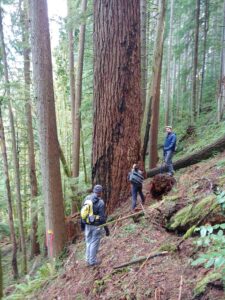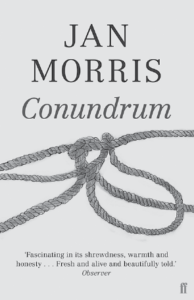 Hilary Franz’s “Carbon Project”
Hilary Franz’s “Carbon Project”
On April 6, the Washington State Commissioner of Public Lands launched an unprecedented carbon leasing project. The first of its kind on state trust lands, this initiative enters ecologically valuable forests into leases to generate revenue for trust land beneficiaries by reserving them for carbon storage uses. Through voluntary carbon markets, this project is intended to generate revenue for trustland beneficiaries without selling forest timber for logging.
The areas DNR claims to have protected under Phase One all contain controversial timber sales, and most are located near large cities.
 The project will be implemented in two phases. The Washington Department of Natural Resources (DNR), led by Franz, claims that the first phase (Phase One) protects a total of 3,750 acres of land; however, at least 1,250 acres of that total was already off-limits to logging for other reasons.
The project will be implemented in two phases. The Washington Department of Natural Resources (DNR), led by Franz, claims that the first phase (Phase One) protects a total of 3,750 acres of land; however, at least 1,250 acres of that total was already off-limits to logging for other reasons.
The DNR website indicates that the remaining 2,500 of the acres were originally planned for harvest, and are now protected under Phase One of the new carbon project. Although the agency has not yet announced areas protected in Phase Two, the DNR claims that their plan eventually will protect about 10,000 acres of ecologically valuable forests in Western Washington.
How much additional protection?
While this initiative marks a step in the right direction, it is a very small step. Data obtained from DNR’s Public Disclosure Office by the Center for Responsible Forestry (CRF) contradicts DNR’s statement that timber sales were planned on 2,500 acres of land included in Phase One of the project. In fact, DNR had definite plans to harvest only 1,000 acres out of the 2,500 acres it claims to have “protected.” Furthermore, some of the parcels on which timber sales were planned may also have been protected under existing DNR policy guidelines that prohibit commercial logging of old growth. It is still not clear how much protection is actually gained under this phase of the project.
The following timber sale units are included in Phase One of DNR’s carbon project: units 1 and 6 of “Smuggler,” and all of the “Oracle” timber sale; unit 2 of the “Bessie” timber sale; all of “Echo System;” and the “Silent Hill” timber sale. The Smuggler, Oracle, and Echo System sales all contain known patches of old growth or old growth legacy trees.
DNR is already prohibited from logging old growth under the Policy for Sustainable Forests and the terms and conditions of its existing Habitat Conservation Plan. CRF has identified “Silent Hill” as a high priority sale in Capitol State Forest that is also likely to contain old growth.
Protecting sites near populated areas
The areas DNR claims to have protected under Phase One all contain controversial timber sales, and most are located near large cities. The Oracle and Smuggler timber sales are adjacent to a residential neighborhood twenty minutes from downtown Olympia. where multiple community hikes have taken place over the last 18 months. The Echo System timber sale is located adjacent to the town of Preston, just minutes from Issaquah.
Most notable is the amount of land protected near Lake Whatcom, near the City of Bellingham. Nearly two-thirds of the total area (2,200 acres) included in Phase One of DNR’s carbon project is located in and around the Lake Whatcom watershed. Lake Whatcom is the drinking water source for more than 100,000 people (about half the population of Whatcom County).
DNR has come under heavy fire for the Bessie timber sale near Lake Whatcom. It would have involved the clearcut logging of 120-year old trees above the lake. The Bessie sale has been the subject of a series of newspaper articles in the Bellingham Herald. Nearly 2,000 residents of Whatcom County signed a petition opposing the sale, and the Whatcom County Council recently submitted a letter to DNR requesting that the agency delay the sale. Thus, the future of this timber sale was in doubt even before the carbon project was announced. (See Center for Responsible Forestry: Bessie Timber Sale.)
Still clearcutting thousands of acres elsewhere
While we applaud Commissioner Franz for finally recognizing carbon credits as a viable alternative source of revenue, DNR has plans to clearcut close to 5,000 acres of similar forests elsewhere in the Puget Sound region and Southwest Washington over the next year.
In addition, much of the land supposedly “protected” under Phase One of DNR’s carbon project appears to have already been protected or off-limits to logging for other reasons. The carbon project proposed by Franz therefore seems to be little more than a smoke screen —intended to fend off criticism and divert attention away from disastrous timber sales like Prospero, Bluehorse, and Green Thomas, which are located in remote areas, out-of-view of the public, and far away from any major population centers.
Some Friends of Legacy Forests are a coalition of contemporaries dedicated to the conservation of structurally complex forests on Washington state land.
To learn more about planned, pending and completed DNR timber sales, visit the Center for Responsible Forestry.

Be First to Comment